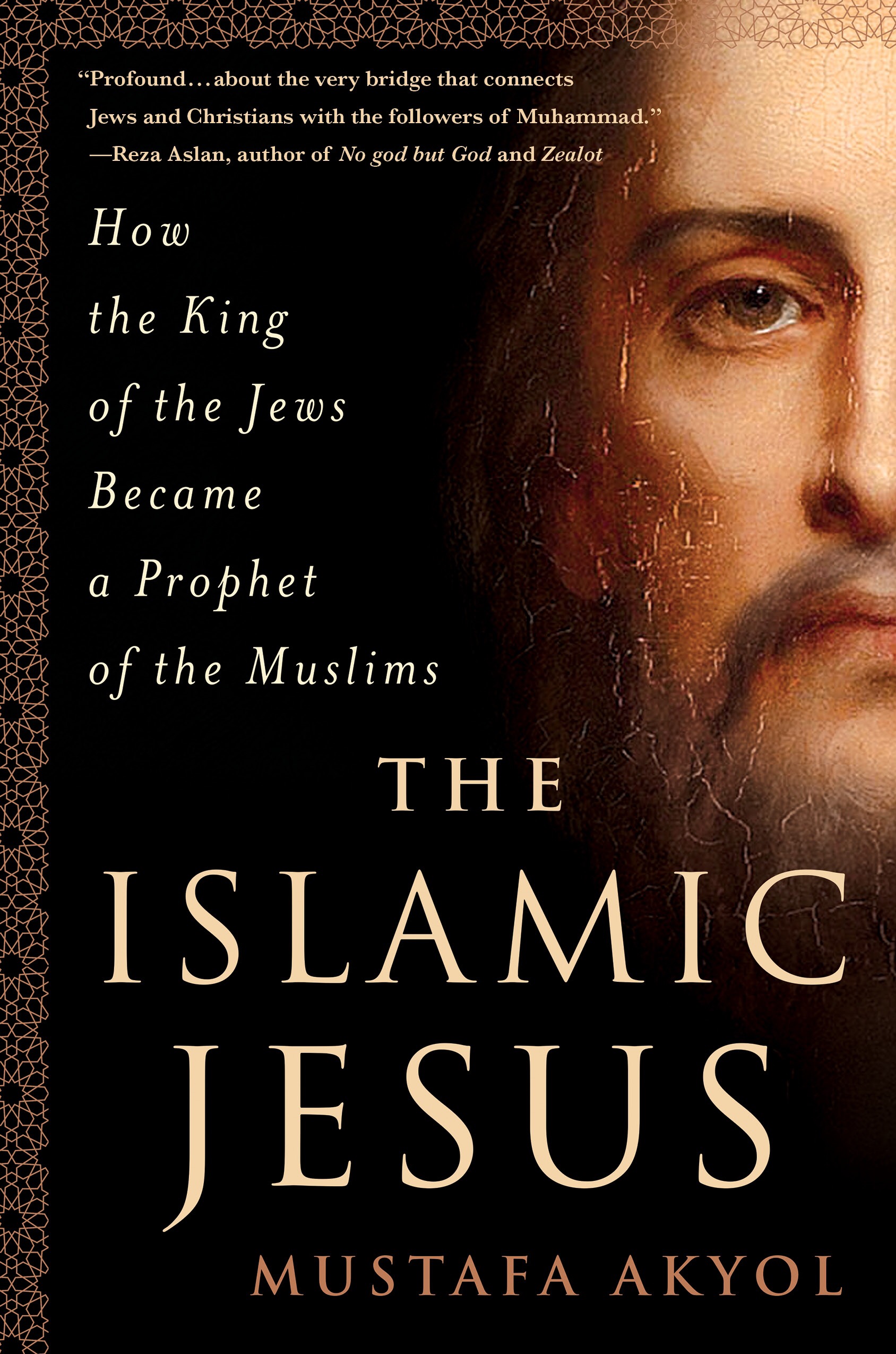In the Name of God: The Extremely and Eternally Loving and Caring
Christians have been under assault in some areas of the Middle East, with so-called “holy warriors,” more like satanic savages, attacking Christian churches and forcing them to leave their homes. Add to this the historical rivalry and conflict between Islamic and Christian civilizations, and one may be forgiven to think that Muslims have nothing in common with Christians and are destined to be bitter enemies forever.
Nothing could be further from the truth.
Muslims and Christians have way, way more in common than in distinction, and nothing fits this bill more than the person of Jesus Christ. And an excellent book that explains how Jesus fits into Islamic belief, theology, and history – as well as Islam’s link to Judaism – is Mustafa Aykol’s book, “The Islamic Jesus.”
Aykol is a regular columnist for the International New York Times, Hurriyet Daily News, and Al-Monitor.com. His 2011 book, “Islam without Extremes” was long-listed for the 2012 Lionel Gelber Prize. “The Islamic Jesus” is an easy and excellent read. I had the opportunity to interview Mr. Aykol by email:
Why write about Jesus?
First, he is one of the most influential human beings history – perhaps the most influential one. And that is thanks to no armies, no revolution, no power – just the power of his words that were initially followed by a handful of believers. That is really an amazing fact.
Second, Jesus is a figure that connects the three major Abrahamic faiths in a very interesting way. For Jews, he is one of them. For Christians, he is their Savior. For Muslims, he is an extraordinary prophet. He has something to say, therefore, for all of these three faiths.
I also thought that after Reza Aslan’s very successful book on Jesus, Zealot, another Muslim must write the Islamic Jesus, who is not really a Zealot. Reza, to his credit, did a good job of articulating a revisionist thesis on Jesus — that he was a Jewish rebel against Roman rule. But I neither find that thesis persuasive, nor I think that is what Islam teaches me about Jesus. Hence I wrote The Islamic Jesus.
Why is there such a close connection between Muslims and Jesus?
Well, actually there is not enough connection between contemporary Muslims and Jesus — and that is one reason I wrote this book: to call on fellow Muslims to contemplate on the teachings of Jesus.
The answer to your question, however, is simply the Qur’an. The Qur’an shows outmost respect to Mary and Jesus, and tells a lot about their extraordinary stories. It praises Mary as a woman “above all women,” and tells about her virgin birth. It tell hows Jesus performed miracles and called his people, the Jews, to be better believers. It even uses exceptional words to define Jesus such as “Word of God.”
Post-Qur’anic Islamic sources, such as the hadiths (“sayings” of the Prophet Muhammad), even tell that Jesus will come back to the earth, before the apocalypse, to lead both Muslims and Christians. All of that makes Jesus certainly a crucial figure for Muslims.
Given how honored Jesus is in Islam, why has there been so much animosity between Christians and Muslims?
First, conflicts between faith communities do not always arise from faith issues — there is mere geopolitics and mundane power struggles. Ottomans fought with Austro-Hungarians many times, for example, because both were empires trying to maximize their territories.
Second, religious affinity does not guarantee harmony. Let’s not forget that different Christian sects fiercely battled with each other for centuries. Their common love for Jesus, somehow, did not stop them killing each other as “heretics.”
Furthermore, while Jesus is both respected by Christians and Muslims, there is still a major gap between the two faiths: For Christians, Jesus is the divine Son of God. For Muslims, he is a human prophet, and it is blasphemy to believe in a divine Son of God. Some Muslims have even perceived the Doctrine of Trinity, in which most Christians believe, as a polytheistic heresy.
In my book, I go over some of these bones of contention between Islam and Christianity, and argue that they might not be as sharp as often thought. The term “Son of God,” for example, is more metaphorical than what Muslims typically perceive. (When you go back to its Jewish roots, the term is even more metaphorical, and in fact acceptable from an Islamic point of view.) Yes still, the Christian Jesus and the Islamic Jesus rest on theologies with major differences.
As a Muslim myself, I believe Jesus was just part of the entire religious history of monotheism. Did your research tell you the same?
Yes, of course. Let aside our faith as Muslims, a plain reading of the New Testament gospels suggest that Jesus was reviver of the monotheistic faith that goes back to Abraham — and, in fact, Adam, the first man. He was in line with the older Jewish prophets, such as Jeremiah, Hosea, and Elijah, who called on their fellow Jews to be more pious and sincere in their faith. Unlike them, however, he also claimed to be “the Messiah,” the saviour that Jews awaited — a claim that the Qur’an notably confirms by repeatedly calling Jesus “the Messiah.”
But did Jesus have a universal mission that went beyond the Jewish people? Paul, of course, said “yes” to the question, and gave us the Christianity that we know today, with a radical break from Judaism. We Muslims can say “yes” to the same question as well, but not by taking the giant theological leap Paul took into what I would see as a more Greco-Roman concept of God.
Therefore we Muslims are at an interesting mid-point between Judaism and Christianity. We affirm Jesus was the Messiah that Jews should have followed. But we don’t go too far on this, to the level of seeing Jesus as divine, which is the mainstream Christian position. In fact, the Islamic view of Jesus perfectly matches with a lost strain within Christianity, which is known as “Jewish Christianity.” How was that possible is one of the key themes of my book.
What can Christians learn from this book?
They can learn that, first of all, early Christianity was much more diverse than what they have now as mainstream. The identity of Jesus was a big puzzle, and diverse answers were given, many of which vanished in history as “heresies.” Moreover, one of these heresies, Jewish Christianity, seem to precede Islam in the way it defined Jesus and in terms of its overall theology.
In other words, Christians can learn that Islam is not an alien religion. With its intriguing adoration for Jesus, Islam is in fact the closest faith on Earth to Christianity. This, of course, is a fact that Muslims should realize and keep in mind as well.


